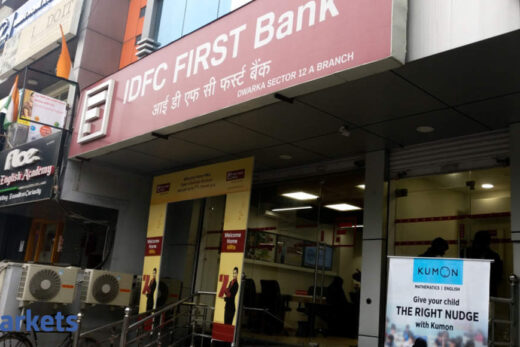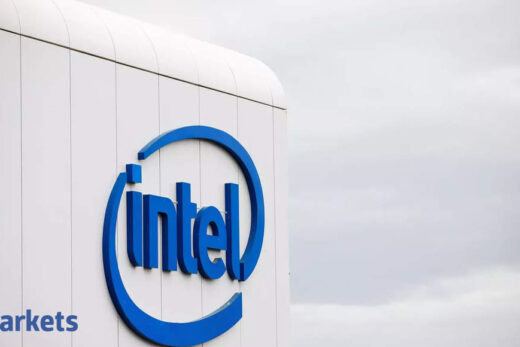Angst has been the stock market story of late. It soars, it plunges, and all the while investors fret over sky high valuations and pour over data to figure out when inflation will bring the house of cards crashing down. But sometimes, like now, the problem is far simpler than that: too much supply and not enough demand.
Companies have raised over $170 billion through initial public offerings on U.S. exchanges in 2021, according to data compiled by Bloomberg. IPOs are so hot they’re on track to top last year’s $180 billion haul, the most since at least the 2008 financial crisis.
But while the market voraciously consumed 2020’s debuts, tastes are changing. The Renaissance IPO ETF (ticker IPO), which tracks newly public companies, is down 9.3% this year after soaring 107% in 2020. While the broader market has held up so far, there’s an ever-present threat of a seemingly endless equity supply overwhelming precious demand. Yes, the S&P 500 is up nearly 10% higher year-to-date. But it’s dropped almost 2% from the all-time high it reached earlier this month.
“There is certainly something to the idea that demand for stocks is moderating,” said Nicholas Colas, co-founder of DataTrek Research. “The IPO window is always wide open until it shuts with a bang. That makes it something of a self-correcting part of the market.”
 Bloomberg
BloombergFund flows reflect this waning appetite. While equity exchange-traded funds have taken in $288 billion year-to-date, the biggest — the $355 billion SPDR S&P 500 ETF Trust (ticker SPY) — has shed $12.5 billion.
Even with IPOs coming at a record pace, recent tremors in the stock market tremors are starting to spook some potential issuers. At least two planned listings have been delayed this month because of the volatility. Should that become a trend, or if debuts start getting canceled outright, it would be a troubling sign, Colas said.
“When deals start getting pulled, you’ll know the supply side of the stock market equation is starting to reset,” Colas said.
The bulk of IPO supply is coming from a boom in special purpose acquisition companies. Blank-check listings account for more more than half of this year’s market, according to data compiled by Bloomberg.
 Bloomberg
BloombergBut SPACs have struggled in recent weeks. The IPOX SPAC Index (ticker SPAC), which tracks the performance of a broad group of blank-check firms, has plunged nearly 23% from its mid-February peak.
Beyond the supply-demand imbalance, there’s also a problem with the kinds of companies that are making their market debuts. Many of the recent IPOs have been tech outfits with shaky fundamentals, according to Kim Forrest, chief investment officer of Bokeh Capital Partners.
“The supply-demand problem is real, but it is exacerbated by the majority of the companies being in tech — and the sort of tech that has ‘not available’ for most of the ratios that investors look at,” Forrest said. “So many of this year’s IPOs have indefinite time periods for profit.”
–With assistance from Lu Wang and Drew Singer.



